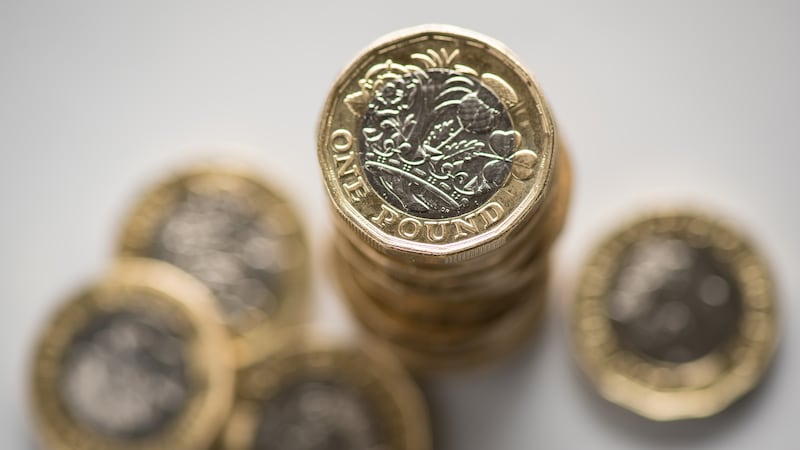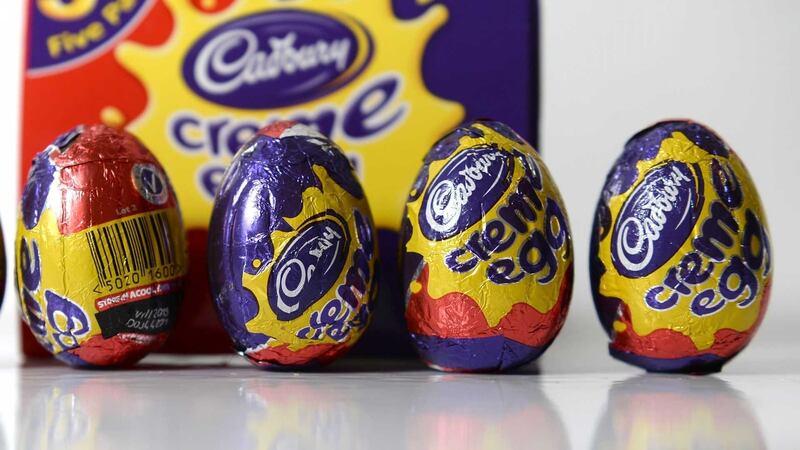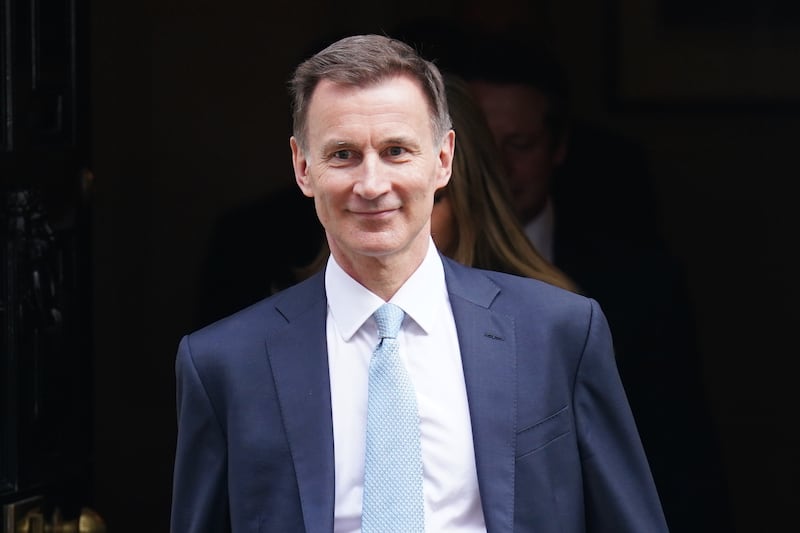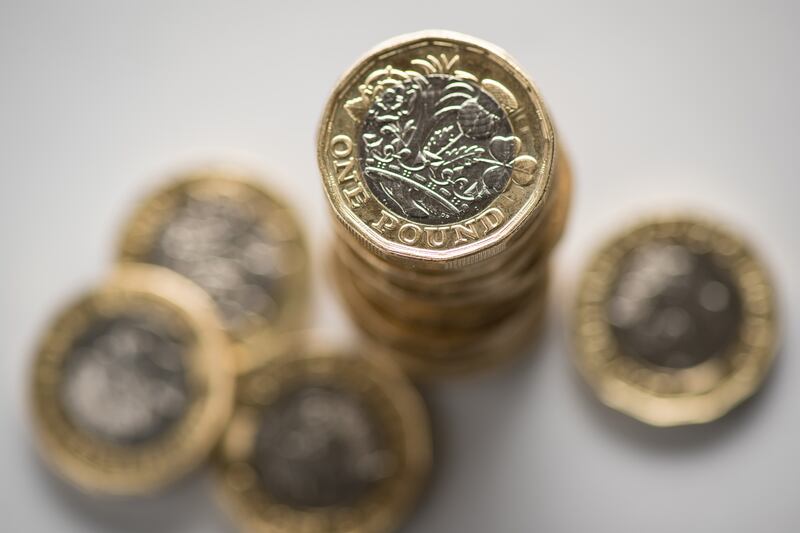The UK economy returned to growth at the start of the year, according to official figures.
Gross domestic product (GDP) is estimated to have risen by 0.2% in January, following a decline of 0.1% in December, the Office for National Statistics (ONS) said.
The UK’s economy slipped into a technical recession at the end of 2023, triggered by two successive quarters of declining GDP.
But it’s still unclear whether the Northern Ireland economy contracted in the same fashion as the broader UK economy in the second half of last year.

The closet thing the north’s statistics body Nisra has for measuring GDP is the Northern Ireland Composite Economic Index (NICEI).
It officially measures economic output across the private and public sectors.
The latest index suggests the Northern Ireland economy actually grew by 0.6% in the third quarter of 2023.
The fourth quarter data is due to be published at the end of March, but two reports due to be released on Thursday should offer some insight into how the north’s economy performed in the final three months of 2023.
Ulster Bank’s purchasing managers’ index (PMI) suggests Northern Ireland’s private sector grew in the first two months of 2024.
The latest PMI published on Monday suggests business activity expanded at the fastest rate in almost a year during February.
The survey, which is considered a reliable early indicator of how the economy is performing, also showed optimism among private sector firms at the highest point in almost three years.
The ONS in London said a strong month for retail sales helped drive growth in the UK economy during January, with consumers making the most of post-Christmas sales and spending more in supermarkets.
The UK’s services sector, which also includes industries like hospitality, culture and leisure, grew by 0.2% during the month and was the largest contributor to the rise in GDP.
It was also helped by improved activity for housebuilders, thanks to new work and repair and maintenance jobs, following a sluggish year for the wider housing market.
It indicates that the UK economy could be emerging from a short-lived technical recession, after GDP declined by 0.3% over the fourth quarter.
Suren Thiru, economics director at the Institute of Chartered Accountants in England and Wales (ICAEW), said the slight rebound in GDP suggests the UK “took its first step towards exiting recession in January”.
But he warned: “January’s recovery may have been followed by a more muted performance in February, with the significant wet weather likely to have suppressed activity, despite a boost to incomes from lower inflation.”
He added that UK interest rates are likely to remain unchanged this month, but that “with the economy struggling and inflation slowing, the case for loosening policy by the summer is growing”.








